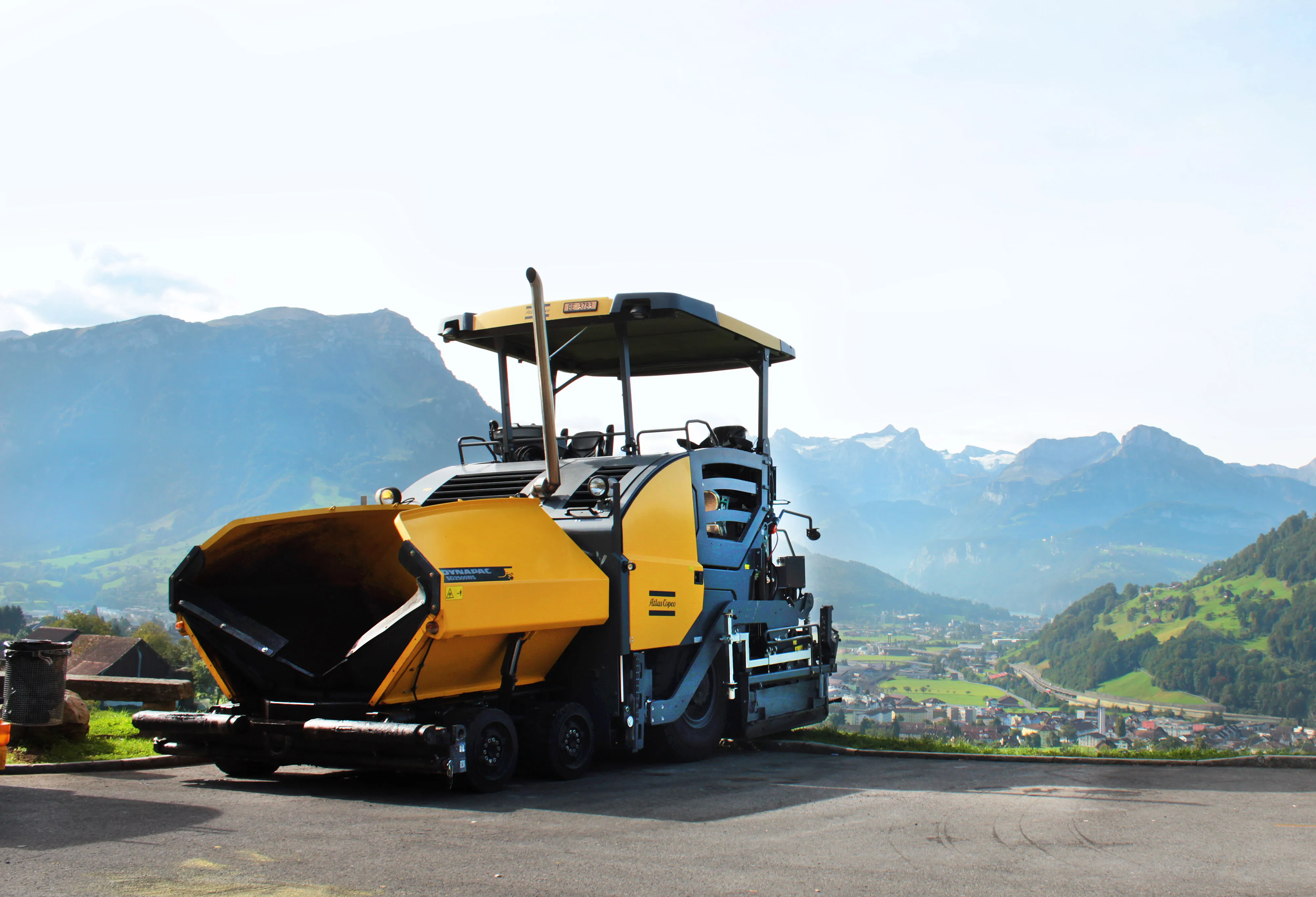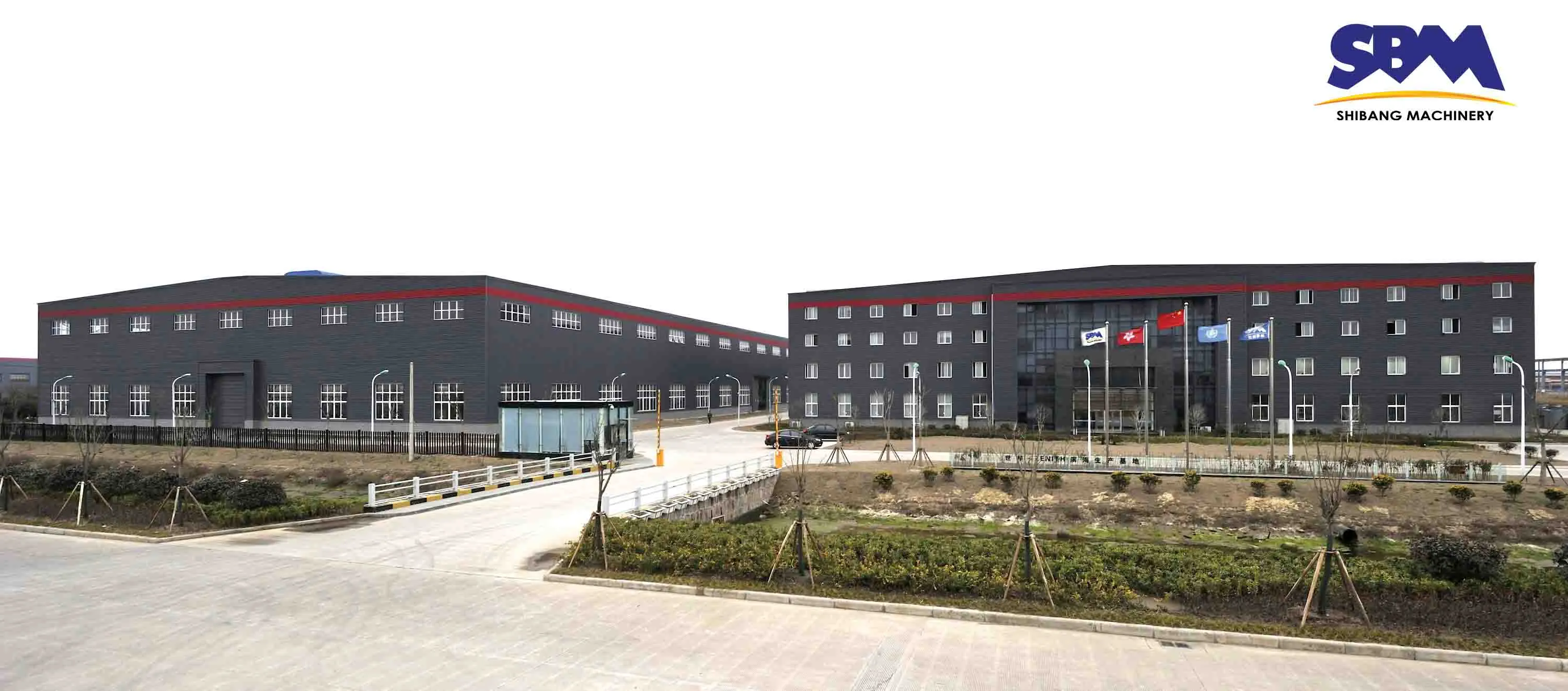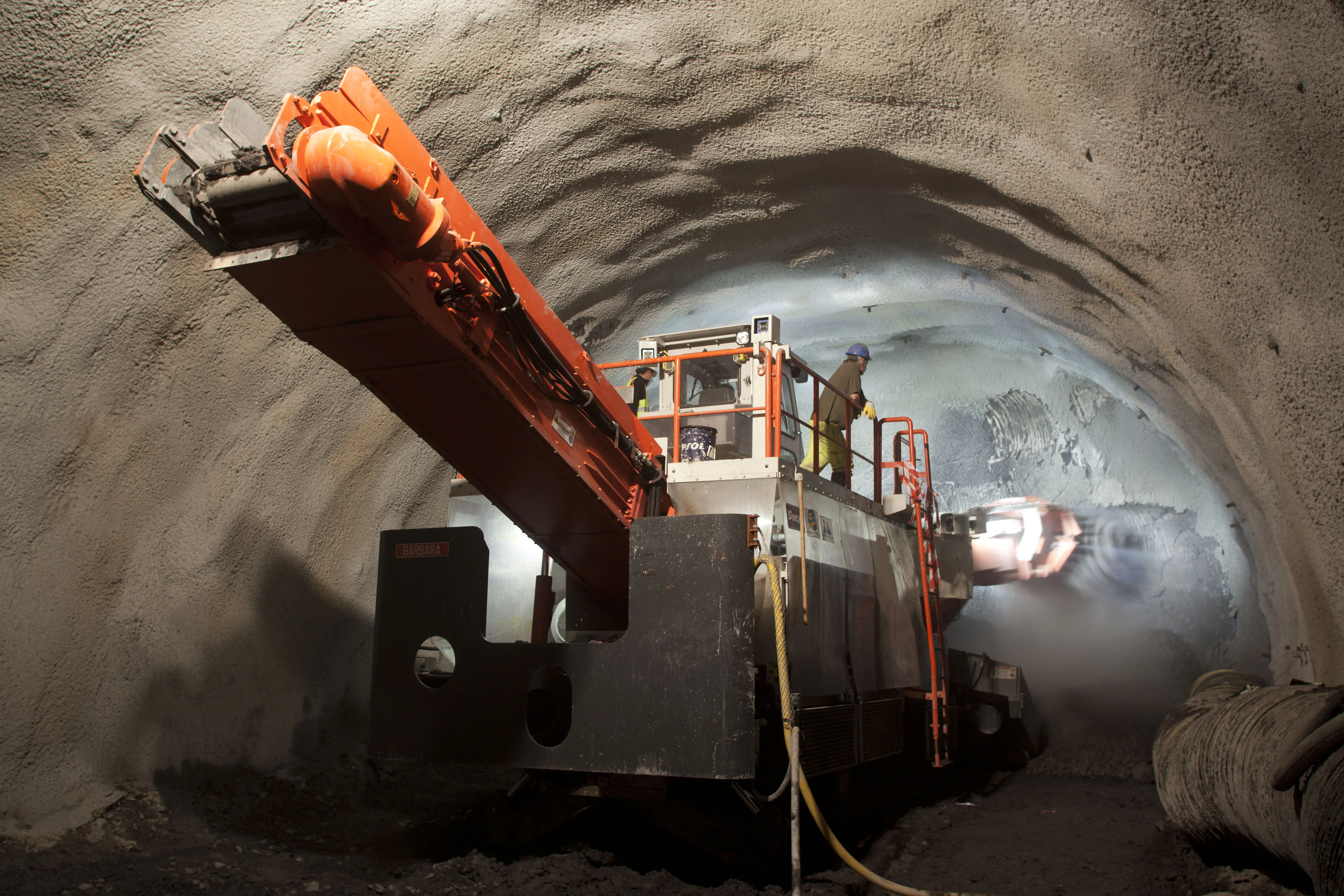Atlas Copco intends to acquire the Swiss MEYCO business, a move that widens its product range for the tunnelling market. The terms of the deal have not been disclosed and Atlas Copco’s Swiss subsidiary will acquire the MEYCO Equipment business from BASF Construction Chemicals Europe. This move brings a comprehensive range of mobile equipment for shotcreting in underground operations. MEYCO has offices and an assembly facility in Winterthur, Switzerland and its products include carrier-mounted concrete spray
December 21, 2012
Read time: 2 mins
This acquisition is a good strategic fit for Atlas Copco as it broadens the offering forour existing customers,” said Bob Fassl, Business Area President for Atlas Copco Mining and Rock Excavation Technique. “Shotcreting is a growth segment thanks to high safety requirements in tunnelling and we look forward to introducing these products through our global sales channels, both to mining and underground civil construction customers.”
The purchase is subject to approval by the authorities and legal closing of the transaction is expected by the end of the first quarter of 2013.








